Chamomile
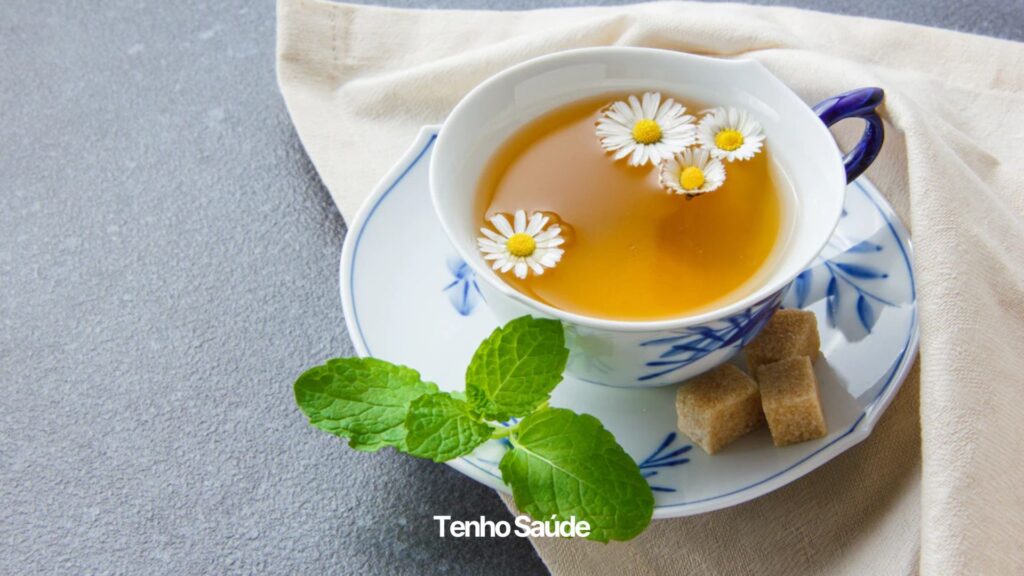
If you are anxious or stressed, chamomile tea is a great recommendation to relax, this is because some nutrients in chamomile (Matricaria recutita) has similar effects on the brain to anxiety and tension-relieving medications such as Valium, binding to the same brain receptors.
Drinking chamomile tea frequently reduces symptoms of generalized anxiety disorder (GAD) even at higher levels.
Studies¹ have shown that people who consumed 500 milligrams of chamomile extract daily experienced significant improvements in anxiety levels compared to those who did not take it.
L-tryptophan, magnesium and B6 (serotonin)
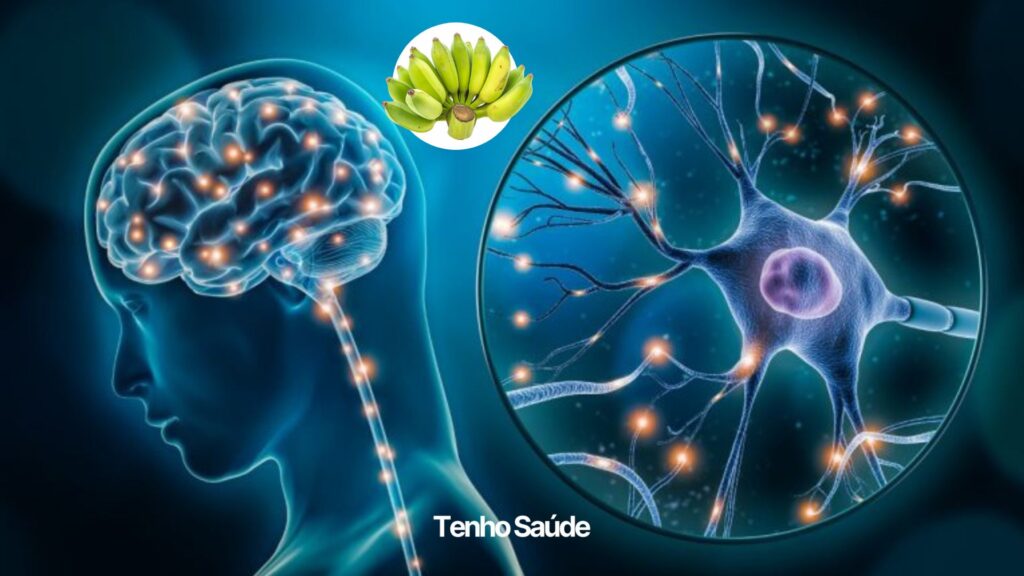
Serotonin is a neurotransmitter responsible for the stimuli of pleasure and happiness. Studies show that people Anxious and depressed people have low levels of serotonin.
This neurotransmitter is produced through an essential amino acid called L-tryptophan, which, after being consumed, binds to Magnesium and Vitamin B6.
People who have high levels of serotonin, in addition to feeling more cheerful and less anxious and depressed, are able to fall asleep more easily and have a deep and refreshing sleep. This occurs because serotonin in the brain is transformed into melatonin, known as the sleep hormone. Another benefit of serotonin is the control of PMS and binge eating.
A complete food, rich in L-tryptophan, vitamin B6 and magnesium is green banana biomass, There are several recipes on YouTube teaching how to prepare.
THE L-tryptophan It is found in peanuts, almonds, chestnuts, cheese, chicken, eggs, peas and avocado.
THE magnesium It is found in nuts, pure cocoa powder, seeds such as sesame, pumpkin, flaxseed; whole grains, milk and green leaves.
THE vitamin B6 It is found in vegetables such as red cabbage, spinach, okra and watercress; meats such as liver, salmon, shrimp and chicken; nuts such as walnuts and hazelnuts.
These compounds that act in the formation of serotonin are found in food, but it is also possible and more practical through supplementation.
L-theanine (green tea)
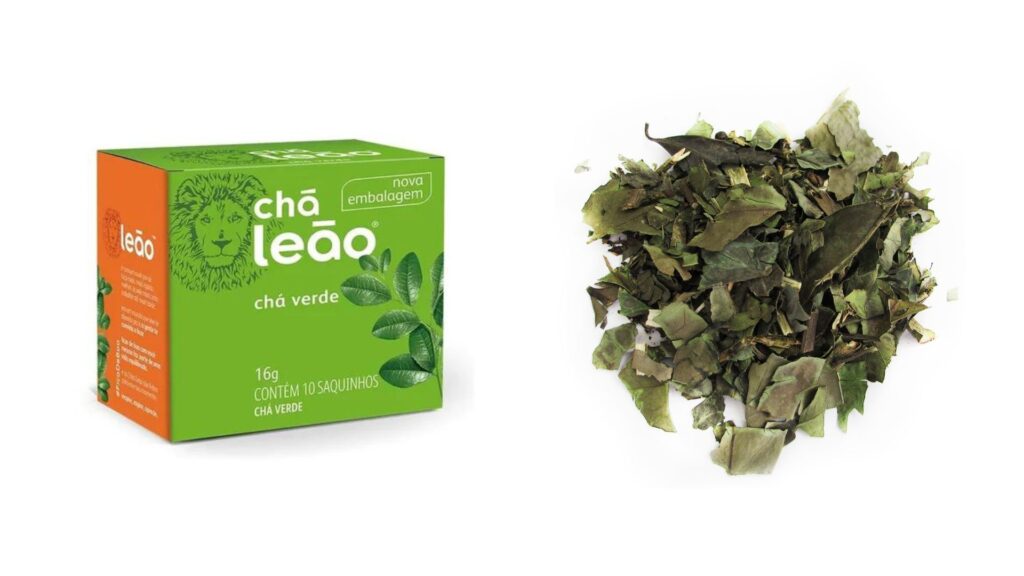
Research² states that daily consumption of 200 to 400 milligrams of the amino acid L-theanine found in green tea or supplements is a natural solution for anxiety and nervousness, containing cardiac acceleration.
To confirm, a study³ of Journal of Functional Foods, shows that anxious people became calmer and more focused during tests, taking 200 milligrams of L-theanine
Green tea has the highest concentration (about 8 milligrams per cup) of L-theanine compared to other teas, but to reach 200 mg, it is recommended to consume the tea in addition to supplementation.
In addition to anxiety, this tea helps to improve memory, depression and prevents various types of diseases. Learn more about green tea:
Green Tea for the Brain: Boosts Memory, Strengthens and Protects the Brain
Lemon balm
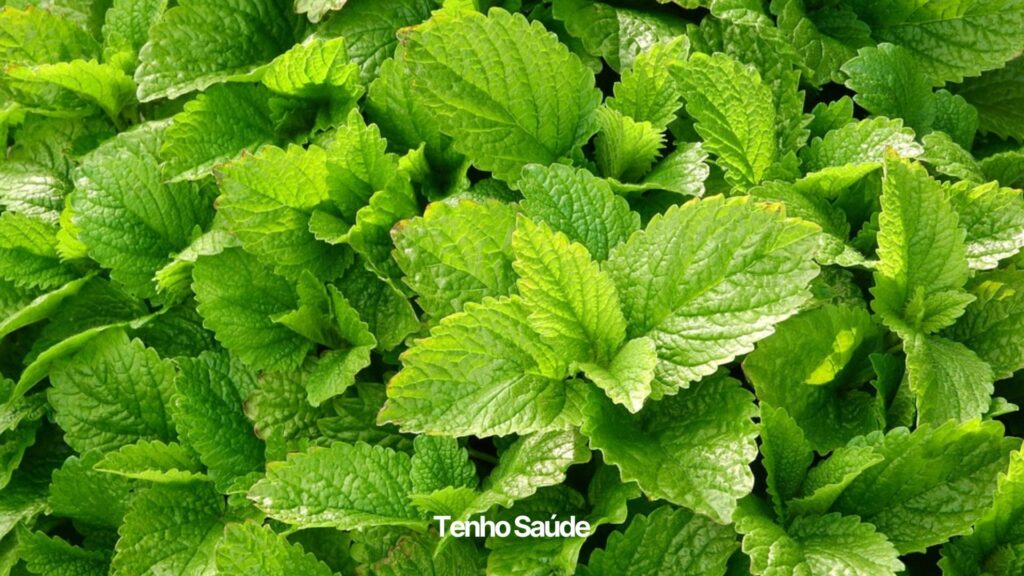
Lemon balm is known for its calming properties and has been used since the Middle Ages to reduce stress, improve mood, anxiety and induce sleep.
In a study5, it was concluded that the group of people who took 600 milligrams of the extract of this herb were calmer than those who did not take it (placebo).
Although it is safe, it is not recommended to consume it in excess, to avoid adverse effects.
You can find lemon balm as a tea and capsule, either pure or mixed with other calming herbs such as chamomile, valerian, and hops.
B vitamins
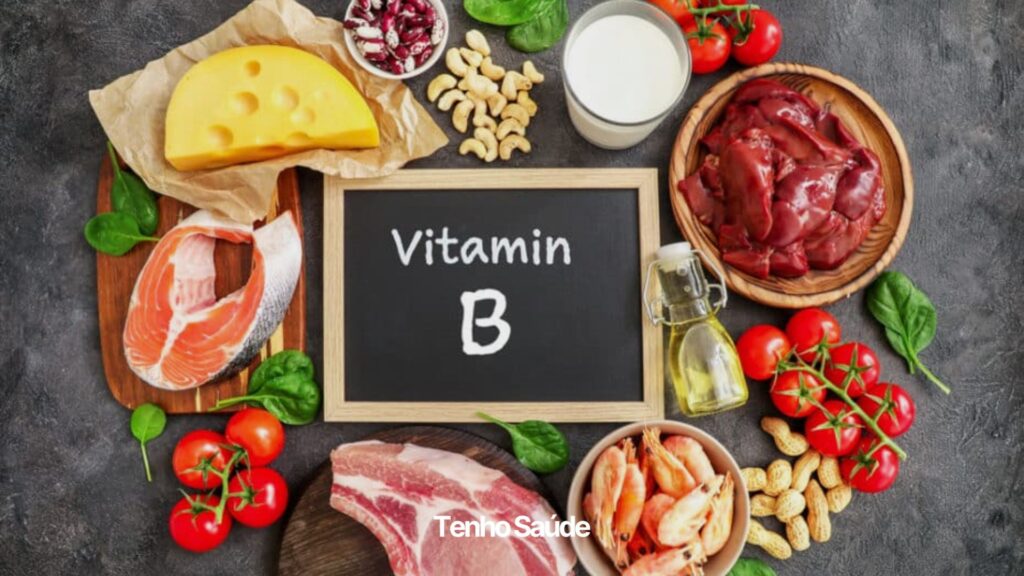
Research7 show that anxious people have low levels of vitamin B12 and B6. So supplementing with this vitamin can be an important step in reducing symptoms.
B vitamins are safe to consume, but it is important to consult your doctor to avoid interactions with other medications.
Valerian
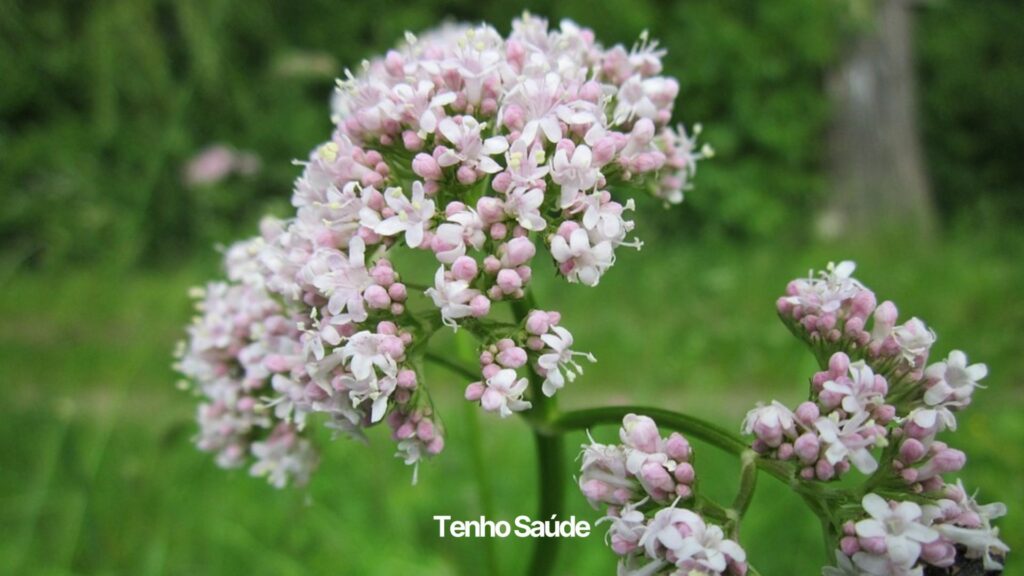
Valerian is known as a natural solution for those who suffer from insomnia, and its properties are beneficial for reducing anxiety.
In Germany, Valerian is a treatment for insomnia approved and recommended by the Government.
Because it contains sedative substances, it makes you drowsy; therefore, it is recommended to use it while resting, avoiding consumption before driving, working or other tasks that require attention.
You can combine the use of green tea (not sedative) during the day, which contains caffeine, and prepare Valerian at night, which will stimulate quality sleep and both will help control anxiety.
It has a strong smell and taste, which can be unpleasant to the palate; therefore, some people choose to take the capsule instead of the tea.
Passion flower
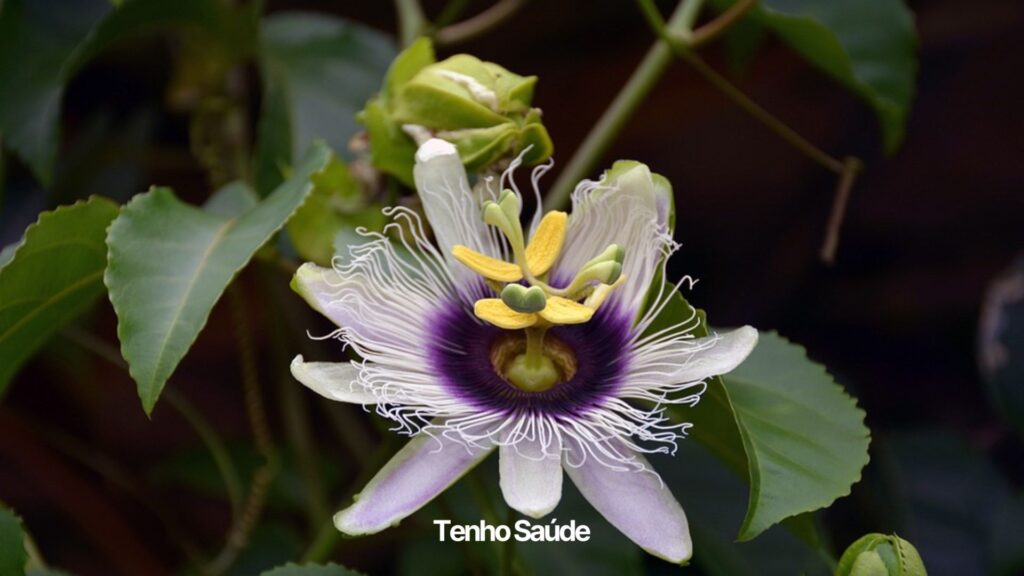
This herb is also a sedative that helps with restlessness, nervousness and insomnia.
Studies have been done that demonstrate a reduction in anxiety symptoms similar to some prescription medications.
As it is a sedative, it can cause drowsiness and should be consumed in suitable places that do not require your attention.
Omega 3
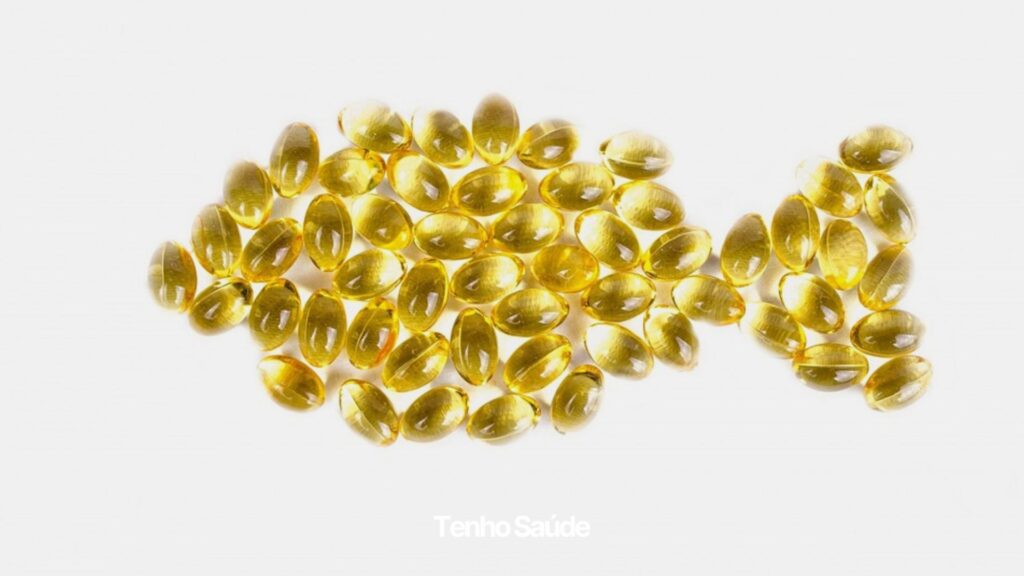
Omega-3 is a recognized oil extracted from fish and other seafood, with great benefits for the heart and brain (EPA and DHA).
The fatty acids in this oil are essential for building brain cells, having positive relationships in reducing anxiety.
A study4 reveals that consumption can reduce and prevent anxiety symptoms in people diagnosed with a specific disorder.
Hop
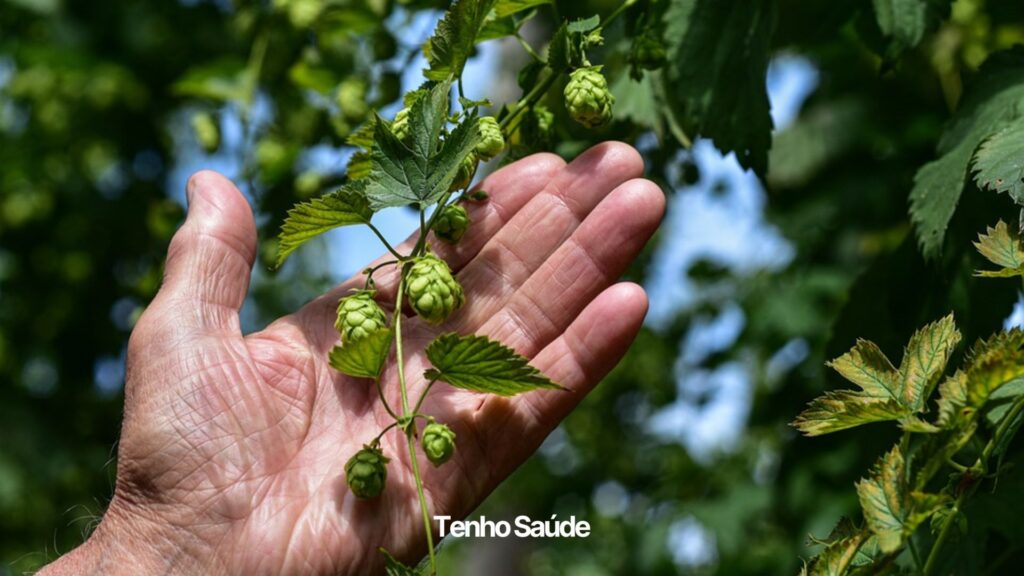
Hops are well-known as one of the ingredients in beer. They are also known to contain sedative substances, used to induce sleep and also help with anxiety. Therefore, they are not recommended for consumption before tasks that require attention.
Because it is very bitter when consumed pure, hops are usually mixed with other teas to improve the taste, and are also widely used as an aromatherapy solution.
Lavender
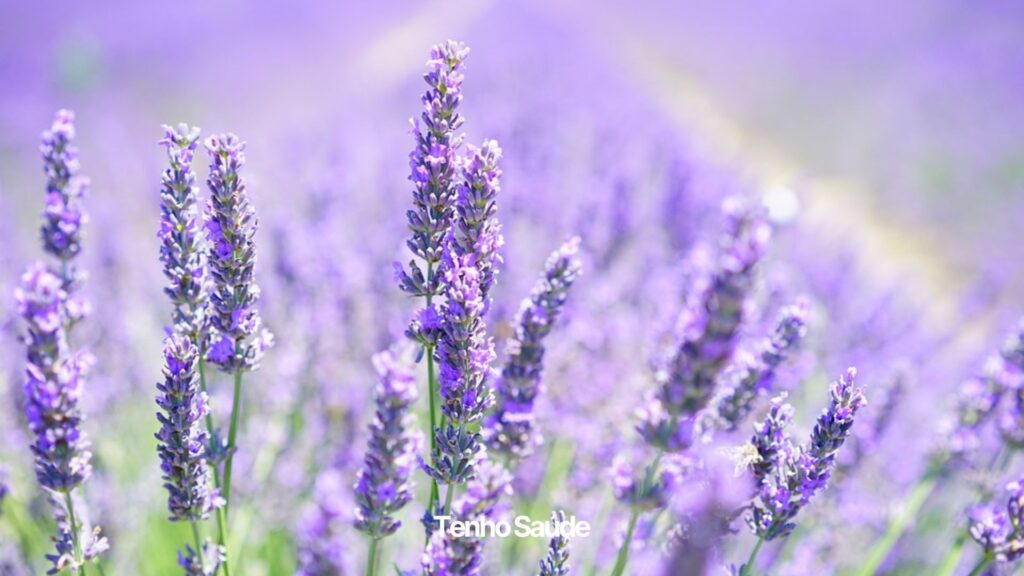
You may have noticed that lavender is often used to scent waiting rooms and health clinics, and is the preferred scent of disinfectant for many housewives.
There is a reason for this, people are less6 anxious in a lavender-scented environment. A study6 aromatherapy analyzed students who, before taking a test, inhaled lavender oil, the result was that, according to reports, they felt less anxiety.
A study done in Germany6, found that a lavender pill surprisingly reduced anxiety, compared to medications such as lorazepam and Valium.
However, it is worth noting that lavender consumed in the form of extract or tea can cause constipation and headaches. To avoid these side effects, we recommend purchasing the essential oil and using it in aromatherapy.
Precautions:
Replacement: All solutions listed should not replace your current medications, but rather complement your treatment.
Amount: We have selected ten proven solutions that help with anxiety. Ideally, you should try one at a time until you identify which option is best for you. Avoid overdoing it.
Sedatives: Some of the solutions listed are sedatives and may cause drowsiness, so do not consume them before driving, working or doing anything that requires your attention. If you are taking a medication that already has sedative effects, consult your doctor.
Scientific studies: All listed solutions are based on scientific studies, to check, just click on “Biographical references”.
Here are all the scientific studies we used to write this article, to access them, just click on the title.
1-Extract Matricaria recutita (chamomile) for generalized anxiety disorder.
2-Effects of L-theanine administration on stress-related symptoms and cognitive functions in healthy adults.
3- Effects of l-theanine on attention and reaction time response.
4- How nutrition affects mental health.
4- Association of omega-3 polyunsaturated fatty acid use with changes in anxiety symptom severity.
4- Foods for mood: relevance of nutritional omega-3 fatty acids for depression and anxiety.
6- Lavender oil preparation Silexan compared with Lorazepam for generalized anxiety disorder.
8- High-dose vitamin B6 supplementation reduces anxiety and strengthens visual suppression.
9- Pyridoxine (vitamin B6) therapy for premenstrual syndrome.







